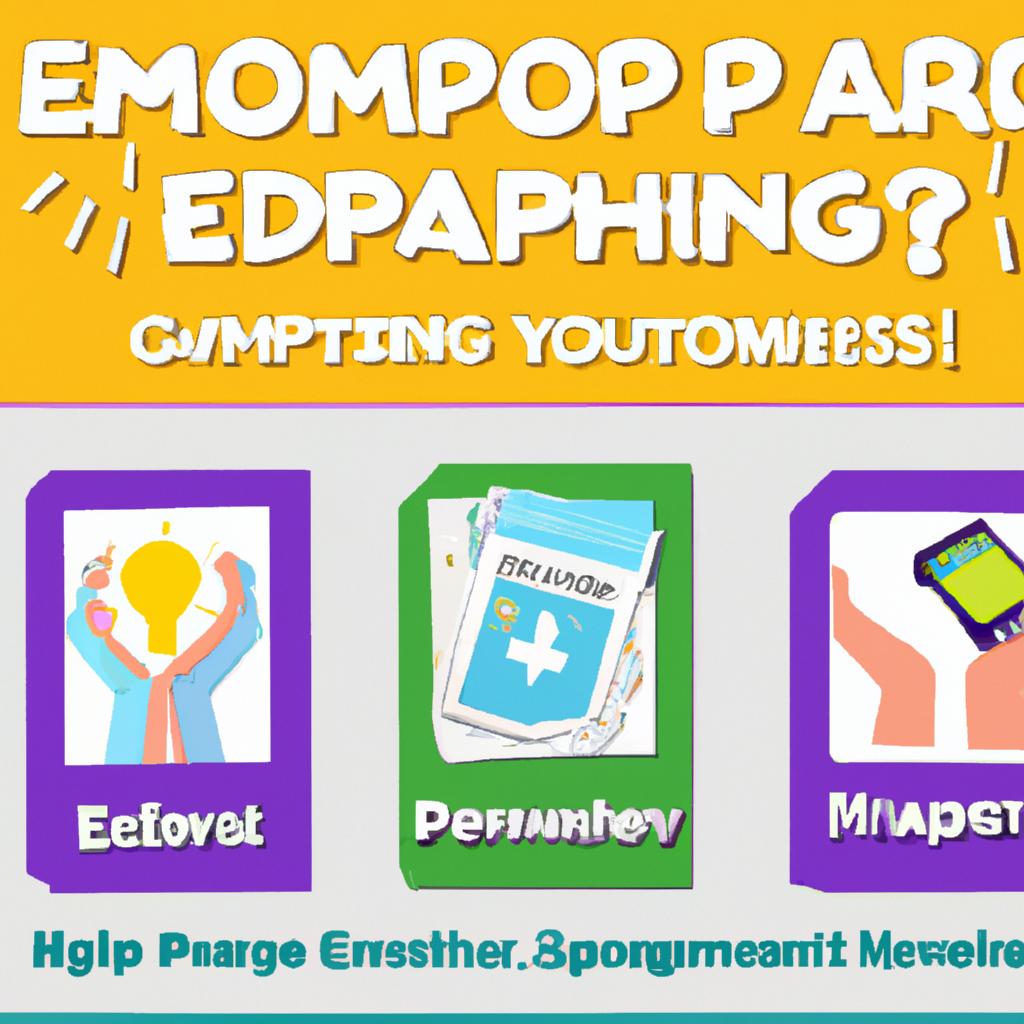In an era where digital landscapes are as expansive as they are captivating, the allure of video games has woven itself into the fabric of childhood experiences. From the vivid realms of fantasy adventures to the high-stakes challenges of competitive sports simulators, gaming offers a playground rich with stimulation and excitement. However, as parents and guardians embark on this pixelated journey alongside their children, questions arise about the effects of these virtual escapades on developing minds. How do video games shape social skills, cognitive abilities, and emotional health? And what role should parents play in guiding their little explorers through this vibrant yet complex digital ecosystem? In this article, we aim to unpack the multifaceted relationship between video games and the youth, offering insights into their impacts and practical strategies for parental involvement. Join us as we navigate the pixel playground, balancing the thrill of exploration with the wisdom of guidance.
Exploring the Impact of Gaming on Child Development
As children dive into the vibrant worlds of video games, the implications for their development unfold in fascinating ways. Research highlights both the **positive** and **negative** impacts gaming can have on young minds. On the one hand, engaging with video games can enhance skills such as:
- Cognitive Development: Games often require problem-solving, strategic thinking, and quick decision-making.
- Social Skills: Multiplayer formats foster teamwork, cooperation, and communication among peers.
- Hand-Eye Coordination: Fast-paced games can improve physical coordination and reflexes.
Conversely, excessive gaming can manifest challenges including:
- Increased Aggression: Some studies have linked violent games to aggressive thoughts and behaviors.
- Isolation: Overindulgence can detract from real-world social interactions.
- Academic Impact: An imbalance might lead to distraction from schoolwork and responsibilities.
To navigate these potential pitfalls and harness the benefits, parents can establish frameworks for healthy gaming habits, tailoring their guidance to align with their child’s unique needs and interests.

Empowering Parents: Strategies for Guiding Healthy Gaming Habits
Fostering a balanced gaming environment for your children begins with understanding their digital landscape. Parents can implement a variety of strategies to encourage healthy gaming habits that both entertain and educate. Consider the following approaches:
- Set Time Limits: Establish clear daily or weekly limits to prevent excessive gaming and encourage diverse activities.
- Encourage Cooperative Play: Promote games that require teamwork, fostering social skills and collaboration among peers.
- Be Informed: Research the games your children play to understand their content and potential impact on behavior.
- Share the Experience: Play games with your children to bond, discuss in-game choices, and reflect on the gaming experience together.
- Promote Balance: Encourage off-screen activities such as sports, reading, or arts to ensure a well-rounded lifestyle.
Also consider creating a family gaming agreement, establishing guidelines that everyone respects:
| Guideline | Details |
|---|---|
| Play Together | Engage in gaming sessions as a family once a week. |
| Content Check | Ensure age-appropriate games are being played. |
| Discussion Time | Schedule time post-gaming to discuss experiences and lessons. |
These strategies not only set the stage for healthier gaming practices but also create opportunities for meaningful interactions, reinforcing positive habits in a fun, engaging way.
Final Thoughts
As we conclude our journey through the intricate landscape of the pixel playground, it becomes abundantly clear that video games are not merely pastimes but powerful tools that impact the minds and hearts of young players. The interplay between immersive narratives, vibrant visuals, and interactive challenges can cultivate both creativity and critical thinking, while also posing potential risks if left unsupervised.
In this ever-evolving digital age, the role of parental guidance emerges as a beacon of insight and protection. By fostering open communication, setting boundaries, and engaging with their children’s gaming experiences, parents can help build a healthy relationship with video games—one that nurtures growth and understanding rather than fear and restriction.
Ultimately, navigating this pixelated playground requires a balanced approach, blending curiosity with caution. As we encourage our children to explore these virtual realms, may we also remind them of the importance of moderation, empathy, and real-world connections. In doing so, we empower the next generation to not only appreciate the artistry and excitement of video games but to emerge as thoughtful players and collaborators in their ever-more digital world.

